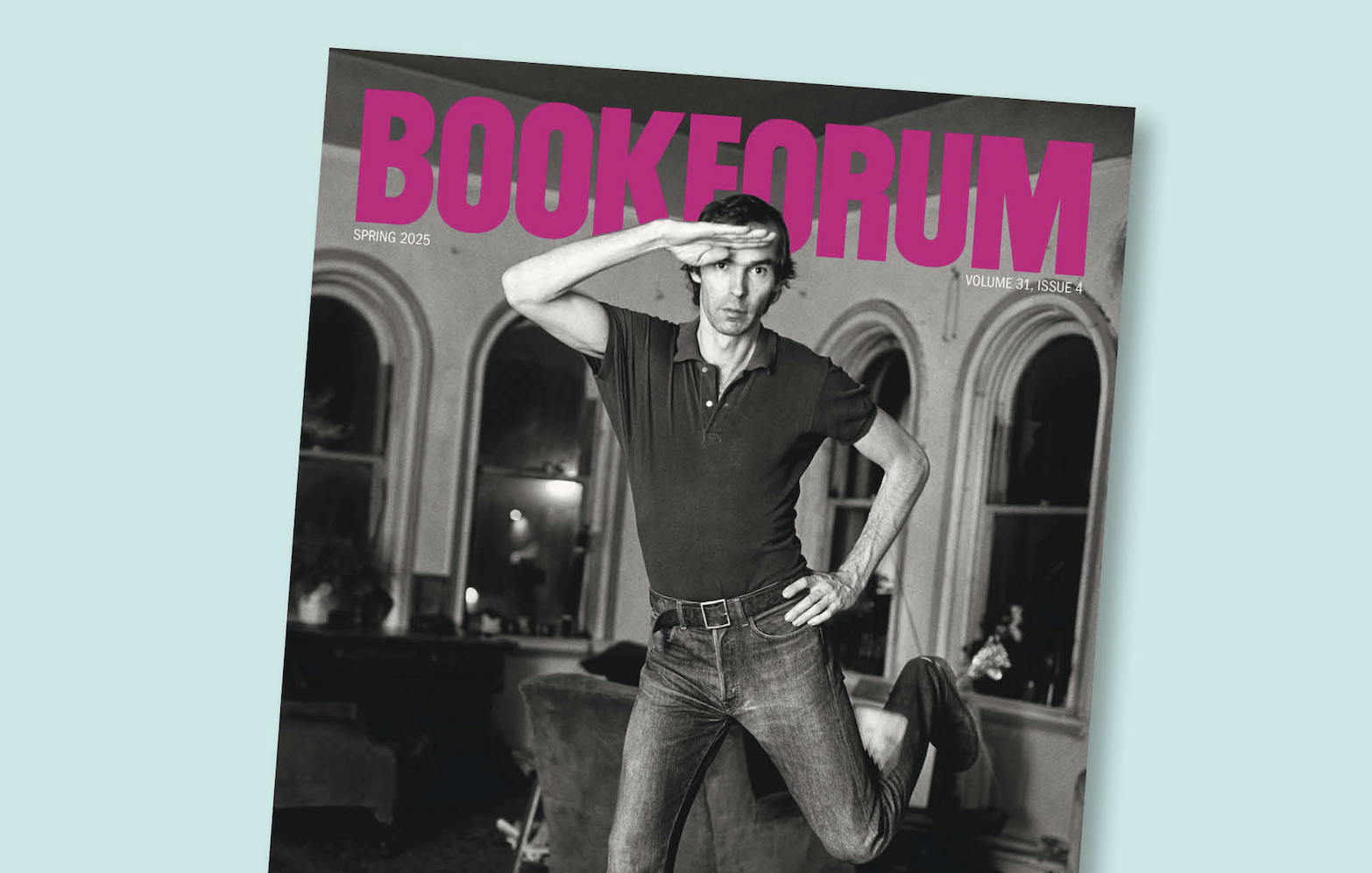
Sure, the economic collapse of 2008 impoverished many Americans, but it also enriched our language. Back in the days of home-equity-funded Viking Ranges and perpetually solvent 401(k)s, our cultural dictionaries were shockingly bereft of terms like “credit default swap” and “collateralized debt obligation.” One mere global financial panic later, they’re on everyone’s lips. It was only a matter of time, then, before celebrity geographer Richard Florida—who spent the fat years introducing Americans to the “creative class”—arrived on the scene with a trendy new coinage. Too late to christen the panic proper, Florida aims to label the Great Recession’s aftermath: The Great Reset, he calls it.
The Great Reset isn’t so much a book as a hastily assembled collection of Florida-isms. As much as one hears that the burst bubble changed everything, Florida’s reset comes off as replay. The arguments here will be familiar to anyone who caught the media-savvy University of Toronto professor on TV or the lecture circuit in support of The Rise of the Creative Class (2002) and Who’s Your City? (2008). The basics: Economies that foster arty, bohemian types, good. Public policy that props up outmoded manufacturing work, bad. Hooray for immigration, tolerance, diversity, and employers who seek to harness the creative energies of even the lowliest janitor. Boo to spending tax money on stadium megaprojects, deus ex machina factory schemes, and failing auto companies. Better to lure experimental theaters, WiFi-enabled coffeehouses, and graphic-design concerns.
The dislocations of the past couple years haven’t sent Florida back to the drawing board—or even to the whiteboard at his neighborhood IT startup. Rather, he sees the Great Recession as evidence that the world is ready to embrace his version of the future. He positions the current unpleasantness as the third of the great dislocations of modern American economic history. And just as the recovery from the “Long Depression” of the 1870s spurred our evolution into an urban, industrial society, and the end of the Great Depression of the 1930s involved the embrace of a suburban, auto-oriented lifestyle, so, too, will the solution to 2008 herald its own “spatial fix.”
Meet the Great Reset: “New consumption patterns that are less centered around houses and cars, new forms of infrastructure that once again speed the movement of people, goods, and ideas, and a radically altered and much denser economic landscape that will provide the springboard for a whole new way of life and drive the development of new industries and jobs.” And you thought it was just a lousy economy.
Florida’s vision of the world is an appealing one: Long on community, short on materialism, it’s tailor-made for those who’d like to channel the 1960s West Village that Jane Jacobs hymned but who aren’t keen on the backward-looking features of that communitarian vision. He elides the yawning income disparities in the service-industry future but sounds passionate about the importance of treating every worker as someone whose creativity can help improve performance. You scarcely have time to feel bad about the inequalities before you thrill to the idea that even the guy flipping your burger gets treated on the job like a valued peer.
Commercially, the book is a convenient twofer: Florida woos upscale readers by declaring that the future looks like them and then rakes it in from unhip places for advice on how to Manhattanize Moline. But that doesn’t make the idea of a country full of walkable, dynamic cities and mobile, creative citizens any less compelling. Nor does it undercut some of the strong public-policy points he makes, especially the one about how half a century of pro-home-ownership strategies has turned us into a country of mortgage-shackled nervous nellies, unable to move, take risks, or otherwise embrace all those entrepreneurial things we glorify as part of our national character.
But is it good history? Florida is awfully cavalier in pronouncing the death of America’s love affair with the automobile. “More and more families are deciding to share cars,” he writes, employing a turn of phrase (“more and more”) known to readers of overhyped trend pieces everywhere. “Young people are putting off buying them and using public transit, bikes, their feet, or Zipcars.” Walking around my university-abutting neighborhood, it certainly seems true. Venture beyond sniffing range of its coffee roasters, though, and you’ll find a city, and a country, dominated by people who equate cars with adulthood, buses with penury, and bikes with collegiate dilettantism. The Great Reset says little about how tenaciously that cultural superstructure will hold on.
Indeed, ours is a culture that has long treated big cities, and density in general, with suspicion. Every push to undo suburban zoning codes that discourage density runs into a fight against this age-old prejudice. If two centuries of history haven’t undone it, it’s hard to see how a mere Great Reset will do the trick.
Florida suggests government, too, needs a reset, “with less authority at the top and more at the local and regional levels.” But would that actually have made the stimulus-spending decisions of 2009 wiser? It’s hard to see how. The reason all that palliative spending was done was that the voters wanted to be palliated. Had the citizens of Michigan or Ohio been given that authority at the local or regional level, it’s a good bet they’d have spent even more on saving auto jobs than on the various gizmos of the Floridian future. Florida is an engaging writer with a pleasant way of telling us to get real about our unsustainable lifestyle. But he could also stand to get a little realer about how to pull it off in this great big democracy of ours.
Michael Schaffer is editor of the Washington City Paper, and the author of One Nation Under Dog (Holt, 2009).



